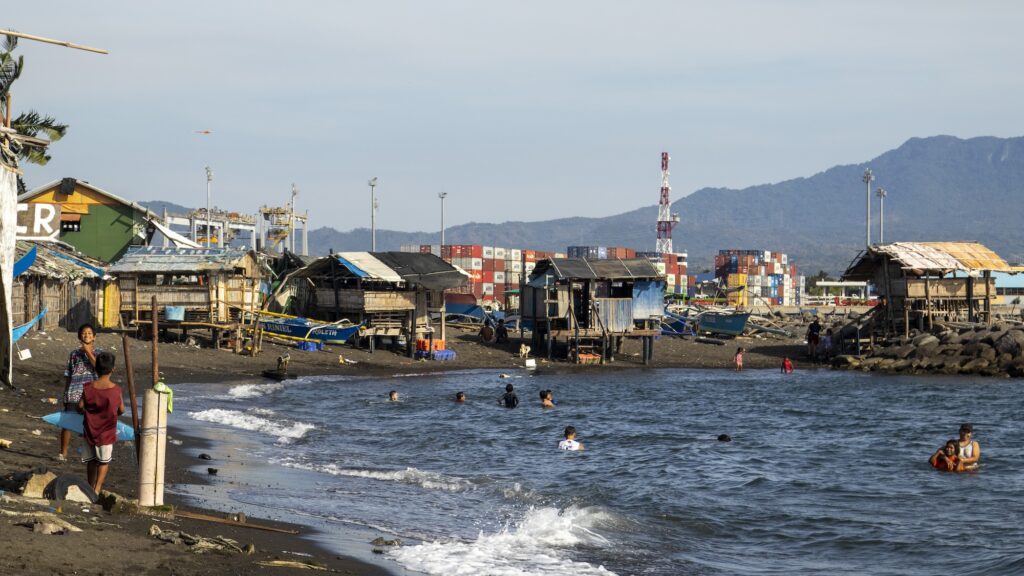From the depths of the ocean to the blood that runs through our veins, plastic permeates our world. Over 400 million tons of plastic are produced every year, with half of it intended for single-use applications. Rather than recognize and address the harm it has caused, the petrochemical industry, with its profit margins under pressure from renewable energy, is pushing to ramp up production. World Environment Day 2025 highlights the extent of global plastic pollution and its devastating impacts on the ecosystem and public health. It is also a reminder of the scale of the triple planetary crisis of climate change, biodiversity loss, and pollution as not only an environmental, but also a human rights emergency.
In a world where people are already facing the daily impacts of these crises, there has been a clear galvanization on environmental issues at the United Nations in recent years. The recognition of a healthy environment as a human right and the establishment of a Special Rapporteur on climate change – decisions Franciscans International advocated for – are just two examples of UN Member States responding to calls from the grassroots. However, the stark reality is that we are quickly running out of time. Facing an increasingly bleak scenario of climate and environmental catastrophe, we need States to break with past practices and act – and we need them to act now.
A critical first step is the rejection of corporate capture of international processes, especially at UN forums. Over 1.700 fossil fuel lobbyists participated in the 2024 UN Climate Conference in Azerbaijan (COP29), compared to 1.033 delegates representing the world’s ten most climate-vulnerable nations. During this year’s negotiations on a proposed global plastic treaty, lobbyists from the fossil fuel and chemical industries are expected to form the largest delegation. Non-governmental organizations supported by business interests have also been structurally working to undermine UN efforts to regulate transnational corporations under international human rights law. At a time when the wealth of a single company can eclipse the economy of entire nations, States have a responsibility to safeguard the spaces meant to rein in their harmful activities.
A second step is not to repeat the crimes of the past, nor to continue ongoing human rights violations in our search for and use of resources. As States and institutions embrace the language of a “just transition”, finding the resources required often replicates old patterns of exploitation and colonization under a new green label. In Brazil – to name just one example – our partners are sounding the alarm about extractive projects that are accelerated in the name of clean energy, without considering the environmental risk and consulting or receiving the free, prior and informed consent of Indigenous communities.
The growing demand for cobalt, nickel, and other critical minerals is now extending this threat to the ocean floors. Deep-sea mining is promoted as necessary for a “green economy”, yet scientific research increasingly warns of the harmful and unknown consequences it could have for fragile deep-sea marine biodiversity and the ocean ecosystem, including those that play a crucial role in absorbing carbon dioxide from the atmosphere. Recognizing these risks, 33 States are now supporting either a moratorium, precautionary pause, or ban on deep-sea mining in an effort that should be widely supported.
Finally, the intersection between extractive industries, environmental harm, and conflict cannot be ignored. A clear example of this can be seen through the work of Franciscans in Mozambique, where the exploitation of natural gas in Cabo Delgado province has created a vicious cycle of violence, environmental degradation, and displacement, creating a context rife with human rights violations. Environmental degradation not only fuels conflict but is also a direct result of it. In addition to the devastating human costs, a recent study found that the carbon footprint of the genocide waged against Palestinians in Gaza for over 18 months is larger than the annual emissions of a hundred individual countries.
Marking the 800th anniversary of the Canticle of Creatures this year, Franciscans International is intensifying its efforts toward environmental and climate justice in the lead-up to COP30 in Brazil. We are joined across the world by individuals and communities who are calling for bold, meaningful, and immediate actions. The impetus to address the triple planetary crisis cannot be placed on the efforts of individuals alone: States must move beyond lip service and greenwashing to take substantive steps to meet the dire moment we are all facing. Business as usual – including allowing corporate and personal interests to trump people and planet – must end.

